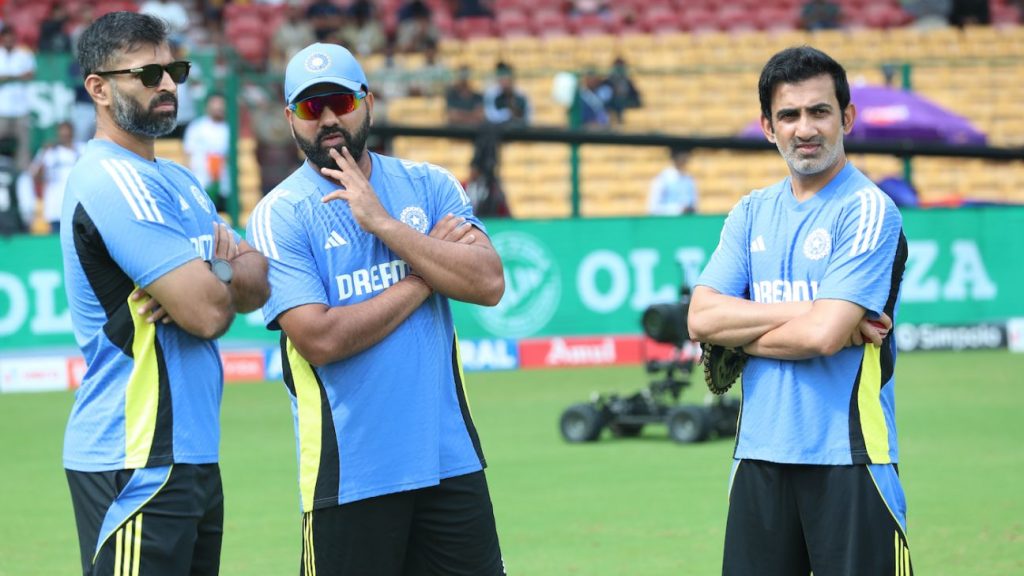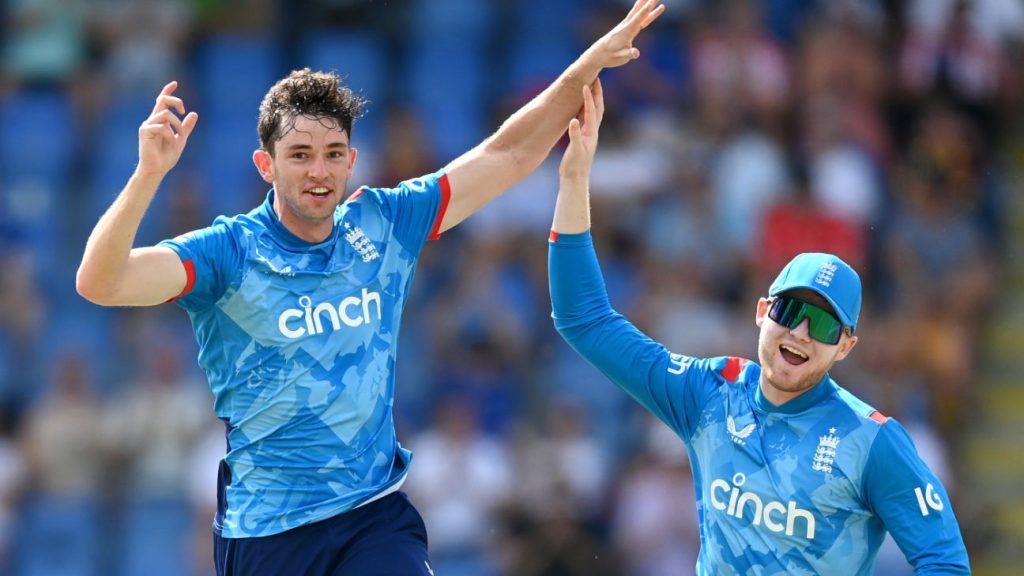The big auction should only be held once every five decades, no every three, according to some.

Conduct a mega auction only once in five years. Allow teams to retain between four and six players. Give each franchise eight right-to-match (RTM) options. These are some of the significant suggestions franchises have shared with IPL officials during feedback sessions on player retentions ahead of the 2025 auction. The next steps will be discussed when IPL officials meet the franchises, possibly as early as next week though a date is yet to be finalised.
According to a senior official at a franchise, there is more than one advantage in having the mega auction every five years instead of the present three-year cycle. A longer gap between mega auctions would help teams build continuity by developing young players, especially uncapped Indians. Franchises that have been around since the first IPL season in 2008 have invested heavily in this area, by building academies to find talented players at grassroot level and develop them into international quality. A mega auction every five years would incentivise teams to keep doing this, whereas in a three-year cycle there is a risk of losing a player that they have nurtured to a rival franchise.
Incidentally, the IPL had four-year cycles between mega auctions twice in the last decade. The first was in 2018, which was the first mega auction since 2014, when Chennai Super Kings and Rajasthan Royals returned after two-year suspension. The Covid-19 pandemic forced the 2021 mega auction to be deferred by a year. On both occasions franchises extended their player contracts by a year.
As part of the same suggestion, the franchise official said teams could also be allowed to work directly with its players to renegotiate salaries between mega auctions. This would help teams to not just retain core players but also help them reach better terms with players who were bought at base or lower prices at previous auctions. While the negotiation would be transparent and the new contract declared to the IPL, the official wanted the franchise to have control of proceedings without the player having the option of getting released.

The RTM option
A CEO at another franchise said teams could be allowed to retain one big player, possibly the captain, and the rest could be through RTMs. Such an approach would allow the market to determine a player's price, and also remove any monetary disappointment a player may have if they are last in the retention pecking order.
What about a combination of retaining players and RTMs? It was the method used in the 2018 mega auction, when a maximum of five players could be retained by each team. Of the five, a maximum of three players could be retained before the auction, and up to three could be bought back by a team through RTM options during the auction. If a franchise did not retain any players before the auction, it would still have only three RTM options at the auction. A RTM option gives the franchise the ability to buy back their player during the auction by matching the price once bidding for the player is over.
While such a combination is favoured by some franchises, at least one team official said it had potential to cause disgruntlement among the players retained ahead of the auction, if those bought back via the RTM option happened to secure higher bids. In 2022 mega auction, when Gujarat Titans and Lucknow Super Giants entered the IPL, the eight other teams were allowed to retain four players via two different combinations: three Indians and one overseas, or two Indians and two overseas. RTM options were not available three years ago because the IPL wanted Titans and Super Giants to have a larger player pool to choose from.
The challenge for all teams
Several players, especially those who were uncapped and bought at low prices, have gone on to play for India or grown into match-winners since the previous auction. They might want to go back into the auction instead of being retained so that they could get a higher price. While that might seem fair for the player, it may not be so for the franchise, especially one that spotted and developed the player.
A possible solution, proposed by one franchise to the IPL, is to have eight RTM options and no retentions. The idea has received mixed response from other franchises: some agree it creates a level-playing filed, others don't want to put their biggest players in the auction. There's also the concern that rival teams will drive up prices to disrupt auction strategy.
One of the key points, something the franchises have highlighted increasingly over the years, is creating a loyal fan base. There's a word for that in sport: tribalism. But how can a franchise accomplish this if, even after 17 years, they are being asked to overhaul their squads every three years? It's a question being asked by a few of the top officials who have been part of the IPL for 15-plus years. Officials agree the IPL needs to find a way for players to be retained long term to cultivate better fan engagement. The official in favour of mega auctions every five years said it is time teams stop being selfish and look at the bigger picture.
At the upcoming meeting between the IPL and the franchises, team officials expect that all ideas will be discussed further. They are also likely to discuss the Impact Player rule, which has got a mixed reaction from teams, the purse for the 2025 auction, and perhaps the salary cap deduction for retained players.
Copyright Notice:
Datavictory copyrights this specification. No part of this specification may be reproduced in any form or means, without the prior written consent of Datavictory.
Link:


